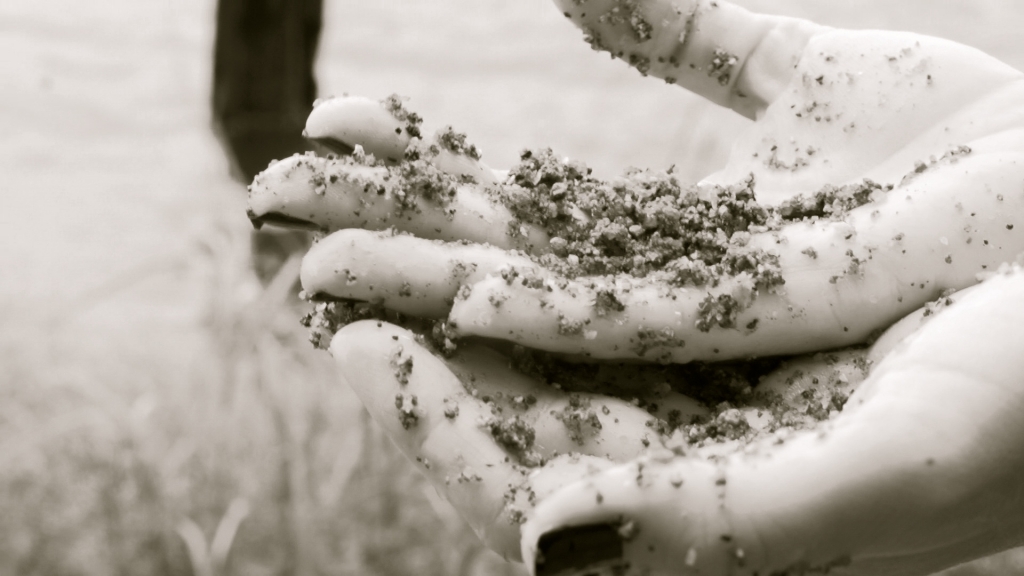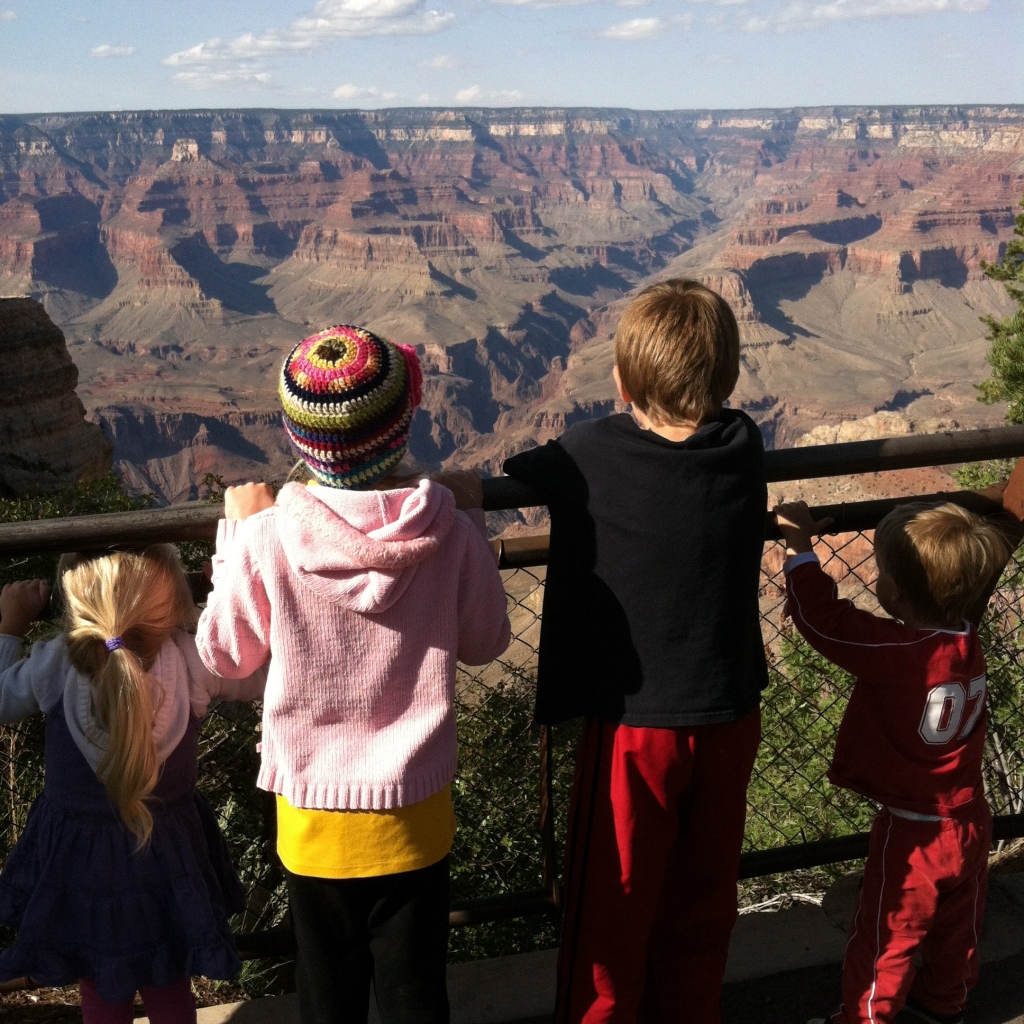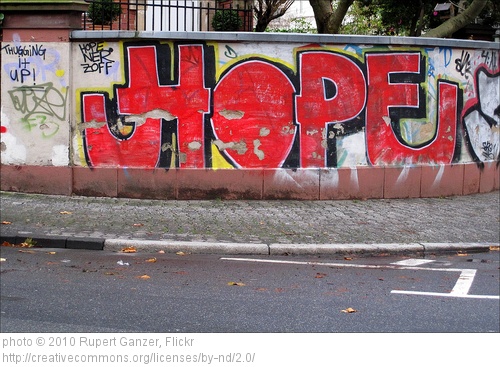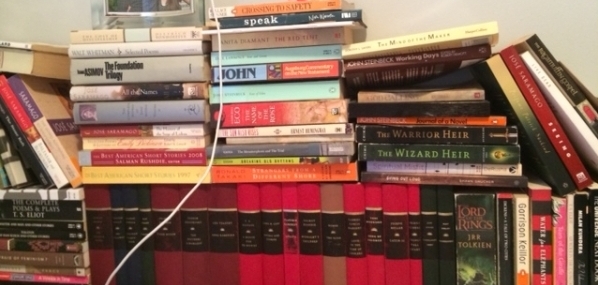The following is an excerpt from the book, Theology of Luck: Fate, Chaos, and Faith. In the book, authors Rob Fringer and Jeff Lane wrestle with the question of God’s role in the universe.
“Did God break my neck?”
Joshua Prager has struggled with this question for more than half his life. It is the question that has made him stop believing in God. On May 16, 1990, Joshua and his companions were traversing a winding hill in Jerusalem when a runaway truck carrying four tons of ceramic tiles hit them. One person was killed, many sustained serious injuries, and Joshua was paralyzed from the neck down.
Plagued by questions of why, Joshua set out twenty-two years after the crash to find the man who had been driving the runaway truck, seeking answers and some semblance of closure. Yet Joshua’s encounter with Abed, the driver of the runaway truck, left him well short of settled. Instead of showing remorse, Abed spent most of their conversation complaining about his own suffering, taking no responsibility for his part in the tragedy. But the most difficult part for Joshua was Abed’s suggestion that everything that happened that day was maktoob (the Arabic term for “letter,” or “written,” which communicates the idea that events are fated to occur for divine purposes). Abed described how he had lived an unholy life before the crash and how God had ordained this wreck to transform his journey. From where Abed sat, Joshua and all of the victims in the crash were part of a grand scheme that had been written by God to get Abed’s attention.
Overcome by a multitude of emotions, Joshua had to come to terms with the possibility that God might have caused these events. As difficult as this idea was, it actually provided him with some momentary relief. After all, if God had his hands in every activity, then there was likely some purpose behind it all, and at least Joshua had some answers.
Yet it was hard for Joshua to say thank you to this kind of God, especially in his current situation. The words of this reckless truck driver continued to haunt him. How could it be said it was God’s will? Eventually Joshua abandoned that belief. As he began to reflect and research, he realized that what others saw as divine orchestration could simply be a perfect storm of potentialities. Today, when he is asked about the cause of the accident, he describes how his neck snapped because of the lack of a proper headrest in his seat. He speaks about how the driver of the runaway truck had twenty-six driving violations, how the road they traveled was notorious for tragic accidents, with more than 144 reported and many casualties, and how bad the weather conditions were that day.
Joshua’s story may sound outlandish, but it is just one of many similar episodes. The times, places, and events are different, but the basic stories are the same. People faced with disease, death, or loss cry out for answers, and the best this world can give them is either purposeless chance or divine, random purpose.
God must have had a reason for the death of that child.
God must be trying to tell you something through the loss of that job.
That tragedy was meant as a judgment by God. God is in control; everything happens for a reason.
These types of phrases and our reactions to them say a lot about our understanding of God. (Or is it a misunderstanding?) Do we really believe God causes events like these as part of some divine plan? Do we really believe our lives, the good and the bad, are already written by God?
Check out the book Theology of Luck HERE.






